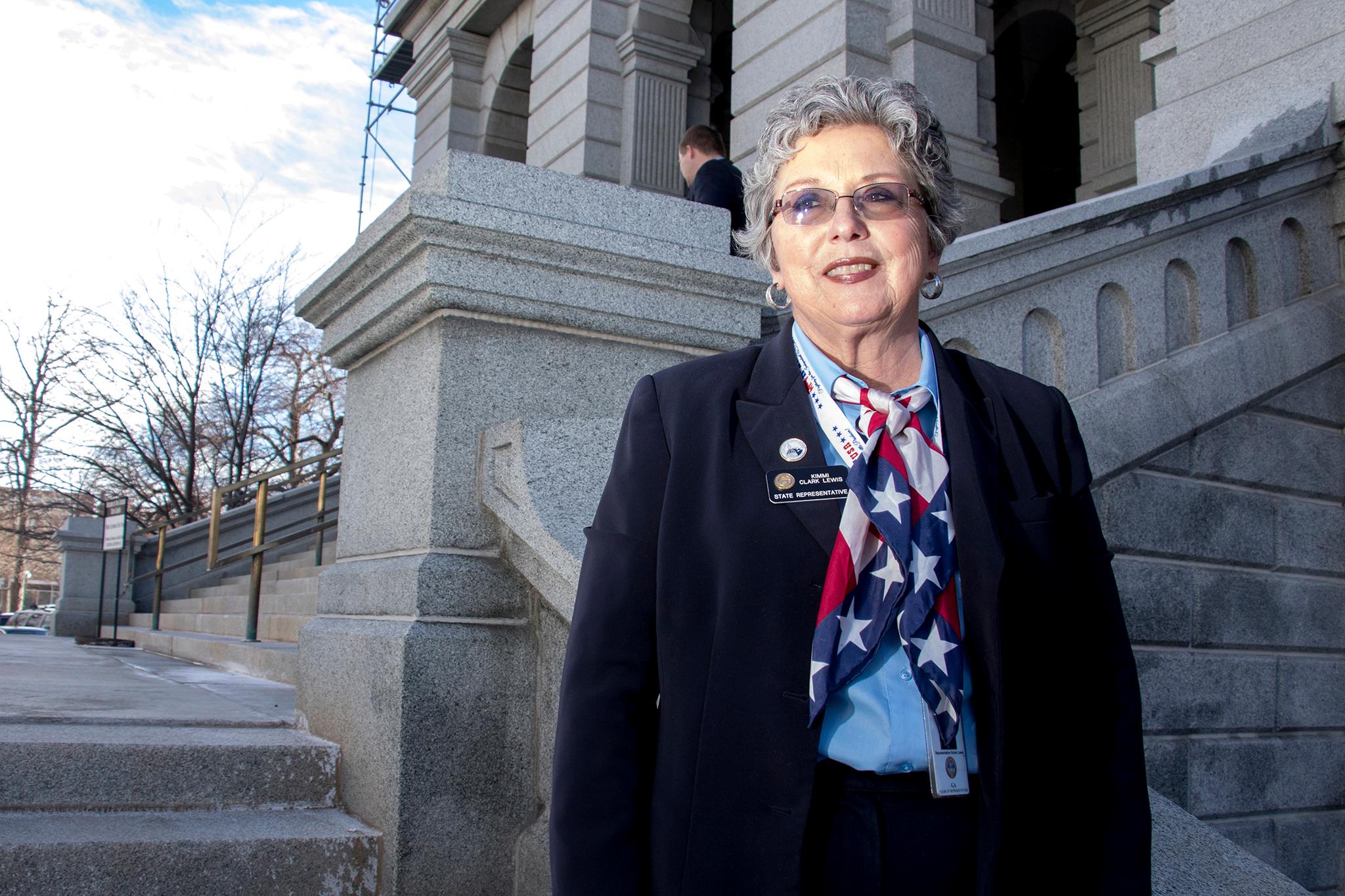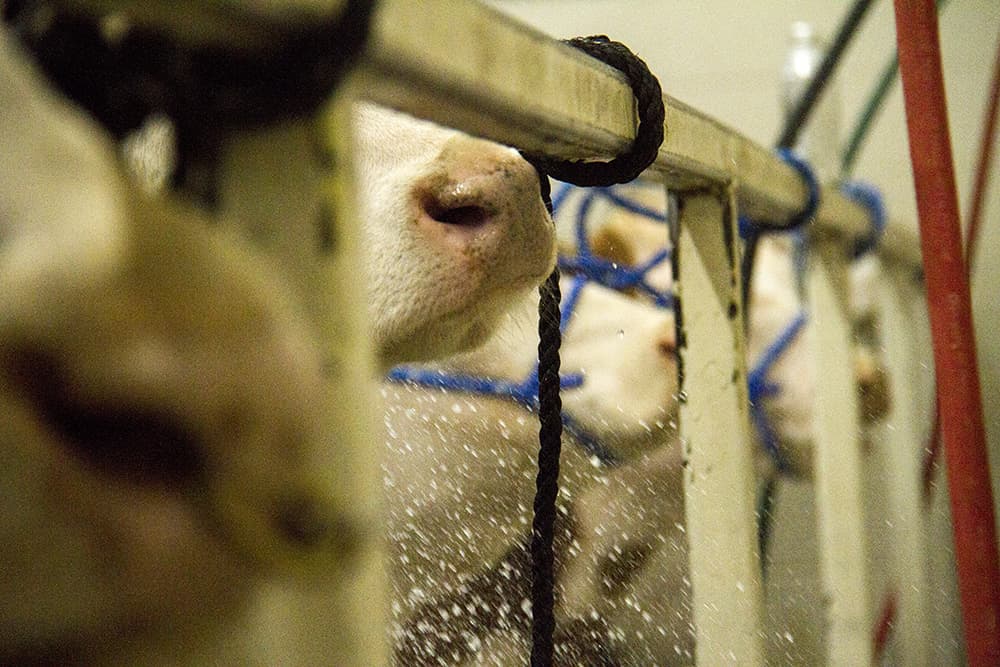As far as state Rep. Kimmi Lewis is concerned, you can't call something "meat" unless its source had feet at some point.
Lewis, a cow-calf producer in southeastern Colorado, is co-sponsoring a bill along with fellow Republican legislators including state Rep. Rod Pelton that would prohibit protein created by artificial means from being labeled as "meat" in Colorado. State Sens. Joann Ginal and Jerry Sonnenberg are also co-sponsors.
Lewis had her own bill in the works, but she decided to join forces with Pelton, since he had a similar bill. Their goal is to ensure protein made through artificial means, like lab-cultured meat also known as "clean meat," is labeled that way in packaging.
"That lab-cultured protein, some people get really upset when we call it meat," Lewis said. "I feel that meat needs to come from animals that have feet."
Lewis represents a sparsely populated, nine-county swath of southeastern Colorado -- the largest geographic House district in the state. Along with her son, Lewis manages about 400 cows in a ranch near Purgatory Canyon.
She sees what she calls "mislabeling" of meat that didn't come from livestock as a threat to her and many of her constituent's livelihood.

Pelton is also a rancher. The freshman legislator represents seven counties in northeast and eastern Colorado and raises purebred black Angus cattle.
"My district has a lot of cow-calf operations and feedlots," Pelton said. "This is going to be competing against our farmer's products."
Unless the "meat" is cut directly from an animal, Pelton said, it should not have the word "meat" on the label. He wants the label to include "lab-grown" or something similar that lets people know it's not technically meat.
Beef and cattle are a vital part of Colorado's agriculture economy.
The industry accounted for 67 percent of total value production in the state's agricultural sector last year, according to the Colorado Business Economic Outlook report released in December. Meat products are the top agricultural export from Colorado. The report noted some beef producers had a tough year due to drought, with ranchers in those areas having "reduced herds by selling feeder calves to save on feed costs."
A similar meat-labeling law was passed in Missouri last year, and Nebraska is considering it. The law enacted in Missouri only allows products from slaughtered animals to be marked as meat. Nebraska's law is noteworthy since the state is known for being one of the top states for livestock production.
"Consumers have the right to know what they're eating, I just truly believe that," Lewis said, echoing the reason supporters of the Missouri law pushed in favor of the law.

There are federal-level efforts to change how "milk" is defined, which is an issue Pelton said is similar to his own. He doesn't want to wait on the feds to make a decision. He thinks that'll end up taking years.
It's unclear what kind of opposition Colorado's proposed law would face. The law in Missouri faced a joint lawsuit from organizations, including Tofurky and the ACLU, alleging the law violates free speech.
The Colorado bill is scheduled to be heard at the Public Health Care & Human Services Committee on Feb. 1. Lewis said the bill has support from several statewide ranching and cattle associations. She hopes this bill won't share the same fate as her last beef labeling bill. Last year, a bill she sponsored that would have required retailers to label beef with its country of origin died in committee.
Pelton is hopeful, and said he's heard from people who seem to like the idea, including vegetarians who he said told him such a law would be helpful.
"We'll see how the sausage grinder works when it's all done," Pelton said.














